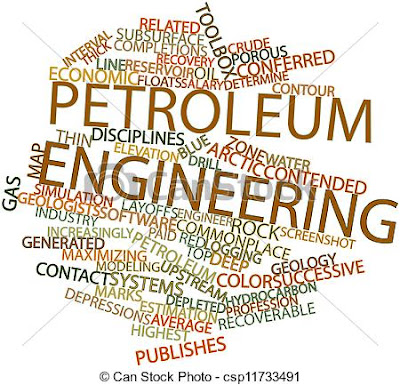 |
| petroleum courses in islamabad |
The frequent transportation of material and personnel is routine in the oil and gas, construction and maritime industries. When material or personnel need to reach areas that are inaccessible by cranes or other movers, an air winch is an ideal choice.
Also known as an air tugger or air hoist, air winches are machines used for the lifting, pulling, suspending or tensioning of materials. If properly rated, these winches can also transfer personnel between decks, floors and other levels or structures. When moving or suspending personnel, fall protection must be worn at all times which is a key part of petroleum courses in islamabad.
While generally safer than other types of winches, an air winch can still be dangerous if proper safety procedures are not followed when selecting, preparing and operating the winch.
Selecting the appropriate winch and compatible components is critical to safe operations. However, choosing the correct wire rope and end connections is equally as important. All wire ropes have six characteristics that determine their suitability for a particular application - size, classification, rope lay, grade of steel, type of core and nominal strength.
Air winch safety can be achieved by following four simple steps explained in petroleum courses in islamabad: performing a job safety analysis (JSA); inspecting the winch and wire rope at the suggested intervals; following safe operating guidelines; and performing scheduled maintenance.
The first step of safe winch operation is performing a job safety analysis (JSA) to identify and control for the potential hazards of each operation. Thorough visual and mechanical inspections will reveal problems before a serious accident occurs. Always follow company safety rules and regulatory guidelines implemented by ANSI, ASME and OSHA pertaining to winch operations. Finally, adhere to the maintenance schedule located inside the instruction manual.
Companies in the oil and gas, construction and maritime industries have several options for their employees' safety training. Some companies outsource safety training, while others provide in-house training for their employees to petroleum courses in rawalpindi. Offsite air winch training can take place in qualified safety training facilities around the world. However, some companies prefer to train their own employees on air winch safety.

















